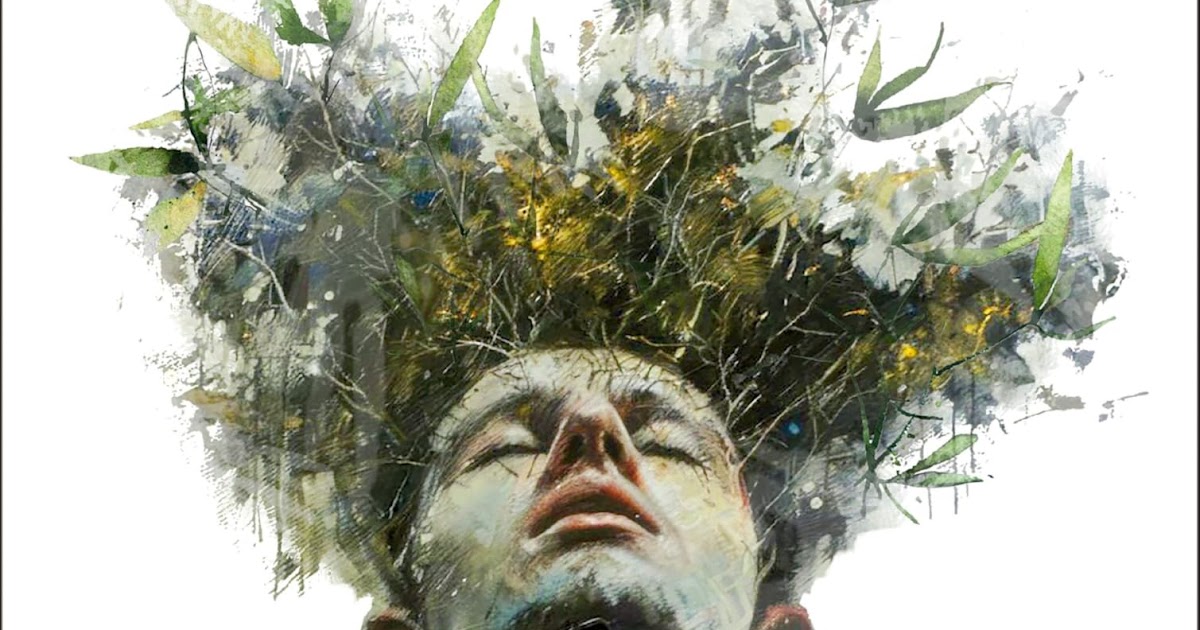
Original Language: español
Year of publication: 2025
Valoración: recommended (and necessary for these times)
[Disclaimer habitual en estos casos: a Iván lo conozco desde hace ya tantos años que no quiero ni decir cuántos son, pero no creo que la amistad me nuble la vista para poder valorar esta novela. Y si me la nubla, pues qué le vamos a hacer. En todo caso, aquí va mi reseña y que cada cual saque sus conclusiones]
Who begins to read The Devil’s Garden It probably feels, without a doubt, something baffled in the first pages (and not only because the first chapter takes number 33, the next 32, and so on). In this first (or thirty -third) chapter we are presented with an unnamed voice, that of the narrator, who speaks to his “buffala”, we assume that his daughter, to tell him a story before he forgets him again. A keyword is also presented, “Curupira”, which although it is not explained in the text is a figure of Brazilian folklore, which introduces an exotic or distant suggestion. Shortly after other data is offered to us from what is called world buildingWithout falling into the heavy exhibition: the narrator lives in a community, in a “garden”, along with other characters of a strange name such as “cremea” or “nargan”, they use words like “forming” (not “fornicate”) … shortly after, the narrator tells his buffal work) for a world that is increasingly strange, but that for the reader will be increasingly recognizable.
Of course, that the novel adopts fantasy or fable resources does not mean that it does not speak of serious and adult things. In fact, The Devil’s Garden He questions our relationship with nature and the other, our way of “cohabiting with the environment,” as the narrator himself says. The ants, omnipresent in the work, serve as counterpoint and model (not necessarily ideal) to reflect on the place they occupy in our lives and in our ideologies the common, the care, respect for the planet. Immersed in a system that prioritizes the individual, the competitive, that wears and squeezes us, and that destroys and consumes unsustainably the resources of the planet, the garden proposes an alternative model in which education is flexible, tasks are distributed, leisure is a fundamental part of life, and everyone takes care of everyone, in harmony with the natural environment in which they live. It could be said that it is a fictional application of the famous slogan “Another world is possible,” with all ecological and political nuances that implies that phrase.
Of course, so that no one accuses me of favoritism and speaking only of good things for friends, there are some aspects of the novel that have convinced me less and that they explain that the assessment is “recommended” and not another higher: in contrast to that complex construction of the fictional universe of the first part, which can move some readers away, the second half of the work instead has seemed less achieved, and somewhat hurried in some aspects. Nor that mixture of mysterious and fantasy language with scientific language I think it works just as well in all cases; Sometimes I have had the impression that he is the author, and not the narrator, who wants to impress us with terms of biochemistry or scientific names of different species of ants, and that he would have been more consistent with the character that was expressed in a more natural language and less mediated by institutional science.
In any case, these aspects that have convinced me less do not remain value and relevance to the novel. I think I have already said it here, but I am not worried about being heavy repeating it: in the current circumstances, we need a political art. This does not mean that we have to put ourselves to rewrite The mother by GORKI OA FILMAR The battleship potmkin; It can be political in very different genres and with very diverse techniques, to reach as many readers as possible. Ursula K. Leguin’s work is radically political, as is Brochoma from Layla Martínez or Human sacrifices by María Fernanda Ampuero; It is also political The Devil’s Gardenbecause it seeks to intervene in the world, through fiction, and improve it. Personally, right now, I think there are few more important things that can be demanded from a work of art.
Source: https://unlibroaldia.blogspot.com/2025/07/ivan-repila-el-jardin-del-diablo.html


